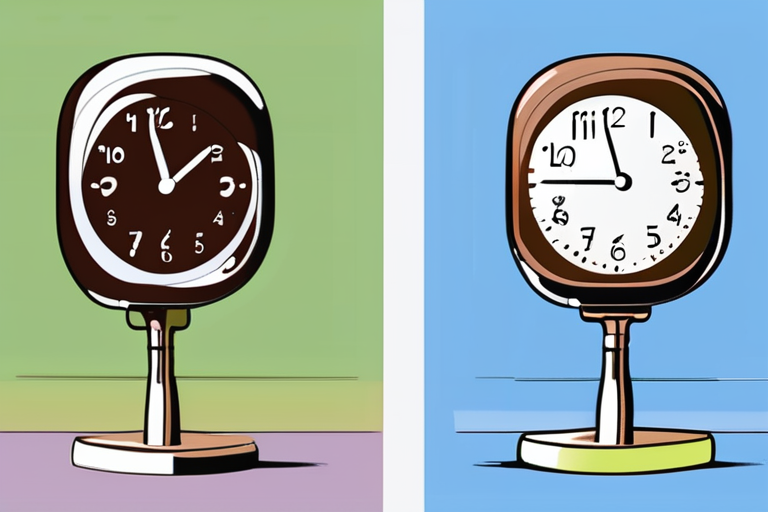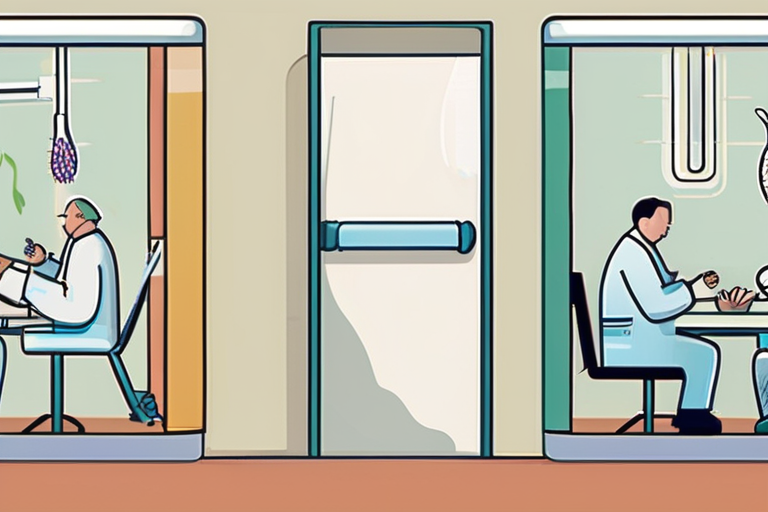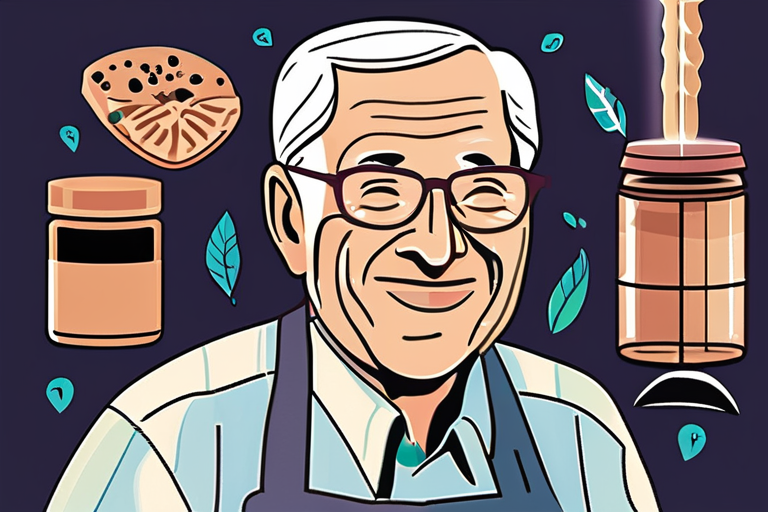The Uncomfortable Truth About Constipation: What Really Works
For Sarah Jenkins, constipation was a constant companion. "I'd go days without going to the bathroom," she recalls. "It was like my body had forgotten how to do its job." The 35-year-old marketing executive tried everything: over-the-counter laxatives, fiber supplements, even colonics. But nothing seemed to work for long.
Sarah's story is all too familiar for millions of people worldwide who suffer from constipation. It's a condition that can be both embarrassing and debilitating, affecting daily life in ways that go beyond just the physical discomfort. Chronic constipation can lead to anxiety, depression, and even social isolation.
But what if there was a way to break free from this cycle of discomfort? A team of researchers in the UK has compiled an evidence-based guide that highlights the foods and dietary supplements most likely to help alleviate chronic constipation. And for Sarah, it's been a game-changer.
The Science Behind Constipation
Constipation is a complex condition that affects up to 20% of adults in the US. While some cases are linked to underlying medical conditions or medications, many others remain unexplained. Factors like diet, lifestyle, and age can all play a role in increasing the risk of constipation.
Researchers at Kings College London, led by nutrition researcher Eirini Dimidi, conducted an extensive review of the medical literature to identify effective dietary approaches for managing chronic constipation. Their findings, endorsed by the British Dietetic Association, provide a much-needed roadmap for those struggling with this frustrating health condition.
The Top Foods and Supplements for Constipation Relief
So what did the researchers discover? According to their guide, the following foods and supplements have clear evidence supporting their use for chronic constipation:
1. Kiwis: These small, furry fruits are packed with fiber and water content, making them an excellent choice for promoting regular bowel movements.
2. Rye Bread: Whole grain rye bread contains a type of fiber called arabinoxylan, which has been shown to improve stool frequency and consistency.
3. Fiber Supplements: Psyllium, methylcellulose, and polycarbophil are all evidence-backed options for supplementing your diet with extra fiber.
But it's not just about what you eat – how you eat is also crucial. The researchers emphasize the importance of a balanced diet rich in fruits, vegetables, whole grains, and lean protein sources.
Practical Tips for Constipation Relief
While dietary changes can be a powerful tool in managing constipation, they're not a one-size-fits-all solution. Here are some practical tips to get you started:
1. Stay Hydrated: Drink plenty of water throughout the day to help soften stool and promote regular bowel movements.
2. Exercise Regularly: Aim for at least 30 minutes of moderate-intensity exercise per day to stimulate digestion and improve gut motility.
3. Manage Stress: Engage in stress-reducing activities like meditation, yoga, or deep breathing exercises to help regulate bowel function.
Consult Your Healthcare Professional
While these tips can be a great starting point, it's essential to consult with your healthcare professional before making any significant changes to your diet or supplement routine. They can help you identify underlying causes of constipation and develop a personalized plan for relief.
For Sarah, the combination of dietary changes and lifestyle adjustments has been transformative. "I've gone from being afraid to leave the house because I didn't know when my next bowel movement would be," she says, "to feeling confident and in control again."
Conclusion
Constipation may seem like an embarrassing or shameful condition, but it's a common experience that affects millions of people worldwide. By understanding what really works for constipation relief – and making informed choices about our diet and lifestyle – we can break free from this cycle of discomfort and reclaim our health.
As Eirini Dimidi notes, "For the first time, we've provided direction on what dietary approaches could genuinely help, and which diet advice lacks evidence." It's a powerful step forward in managing chronic constipation, and one that offers hope for those struggling with this frustrating condition.
*Based on reporting by Gizmodo.*



 Hoppi
Hoppi

 Hoppi
Hoppi

 Hoppi
Hoppi

 Hoppi
Hoppi

 Hoppi
Hoppi

 Hoppi
Hoppi











